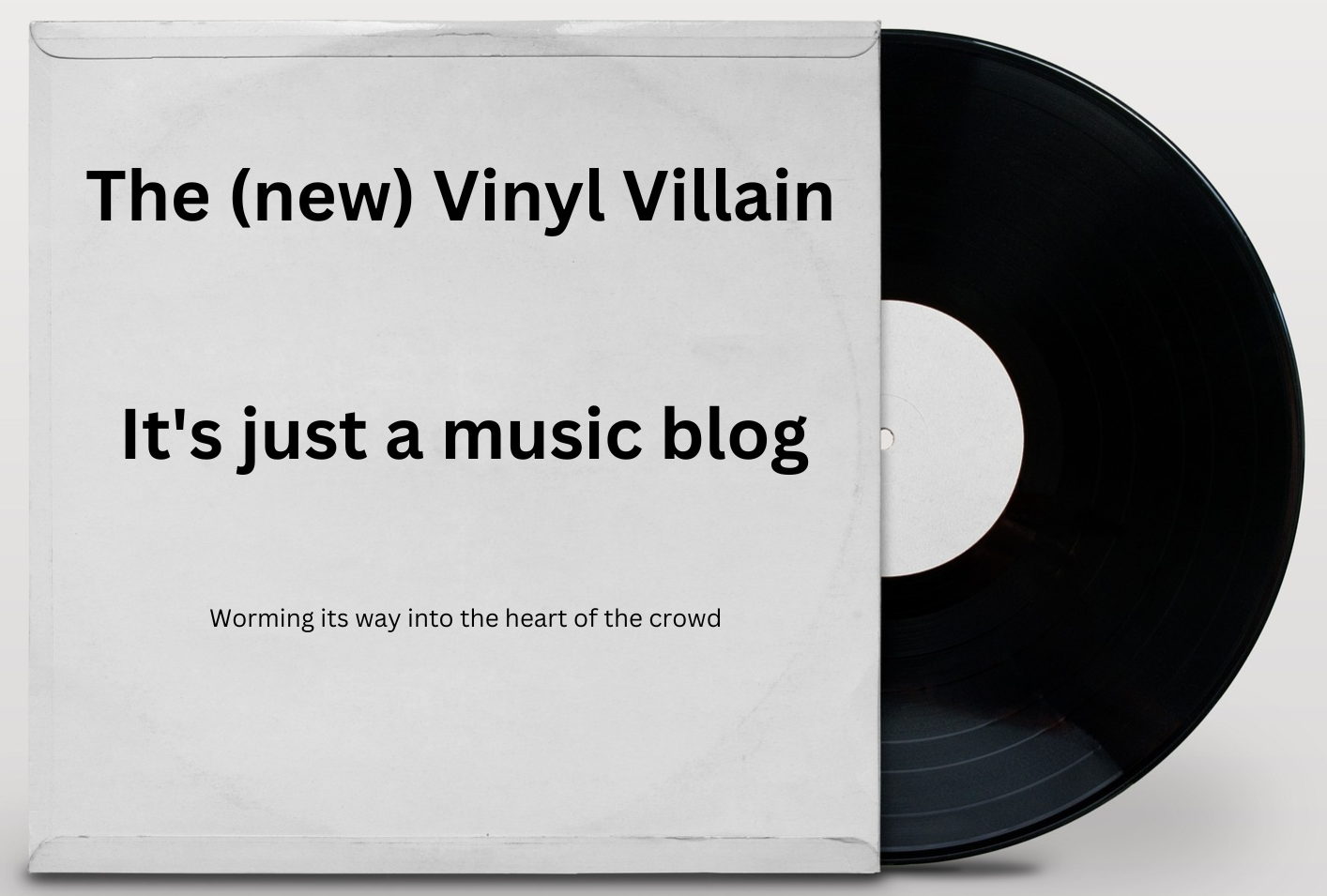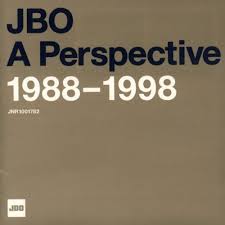
A while back, I briefly had a series of posts looking at singers/bands who, in my opinion, had at one time had it, only to lose it. I dropped the series after maybe two or three editions as it was causing more grief and hassle than it was worth, with folk coming in via the comments section and getting tetchy and/or angry. Differences of opinion are all fine and well across the TVV community, but I’m never comfortable when hostilities break out.
In saying all that, I run the risk of flak with today’s offering. It’s not the first time the song has been featured on this or the old blog, but it is the first time since I decided to splash out on the 30th Anniversary vinyl edition of Achtung Baby, which hit the shops in November 2021.
I really liked early U2, getting along to see them play live in front of packed and enthusiastic audiences in medium-sized venues in Glasgow – one night at the long-closed Tiffany’s on Sauchiehall Street will live long in the memory just for the fact it remains one of the hottest and sweatiest shows I’ve ever attended. I didn’t like late 80s-era U2, with The Joshua Tree being everything I detested about middle-aged rock music, seemingly being made by a band that had grown old before its time.
I first heard The Fly on the radio. It would have been a week or so before it was released as a single in October 1991, when it was played one evening on Radio 1. I was quite stunned by it as it was, to coin the cliché, a million miles away from what I had been expecting. Bono has since said that the song was the sound of four men chopping down The Joshua Tree, such was the extent of the departure from the album which had won them millions of fans the world over. I bought the single on CD and a few weeks later, I went out and bought the album, again on CD. My thoughts were, and they remain the same today, that the album wasn’t perfect as it still had a couple of dodgy MOR moments, but for the most part it was a fine return to form.
The fact I bought the vinyl some 30 years later is a sad indictment of the reality that, despite what I think are my best efforts, I am very susceptible to the sales pitches of the music industry.
No matter that I accepted I didn’t play Achtung Baby all that much, and when I did I’d skip through some of the tracks, I really ‘needed’ to take home the vinyl records and hear The Fly in all its remastered glory via the needle hitting the groove.
I’m glad I did as it sounded great. Made me feel as if I was again in my late 20s…..those were the days.
mp3: U2 – The Fly
Feel free to disagree. I won’t mind.




